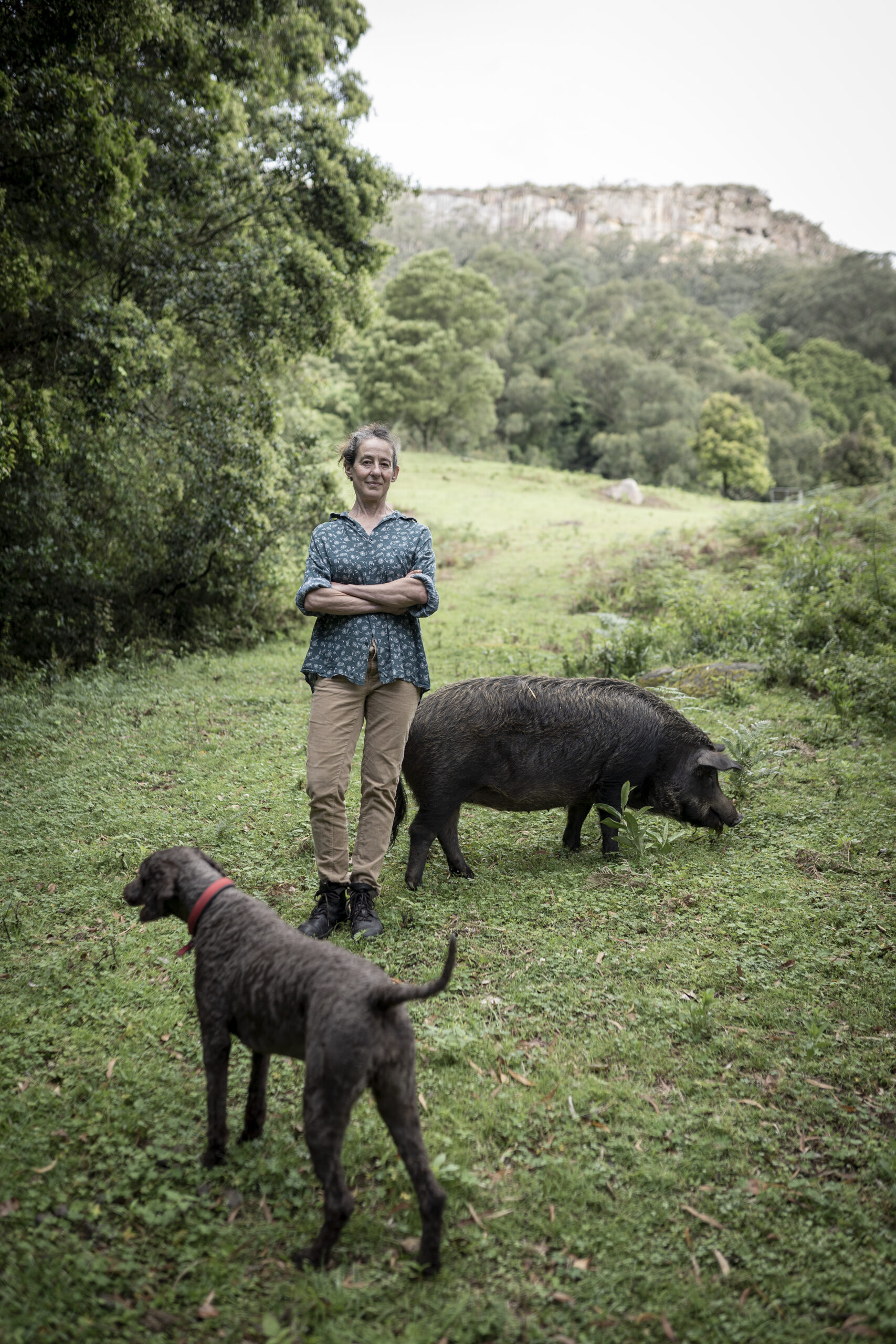TAMKANG REVIEW Special Issue (December 2020): THE ECO-SIDE OF AUSTRALASIAN LITERATURE CALL FOR PAPERS
Since the publication of CA Cranston and Robert Zeller’s edited The Littoral Zone: Australian Contexts and Their Writers (2007) and Graham Huggan and Helen Tiffin’s Postcolonial Ecocriticism: Literature, Animals, Environment (2010), the study and teaching of Australasian literature has witnessed more embrace of work situated in ecocriticism and related areas of critical inquiry that fall under the environmental humanities. That work includes, for example, Val Plumwood’s The Eye of the Crocodile (2012); Tom Bristow’s The Anthropocene Lyric: An Affective Geography of Poetry, Person, Place (2015); John Ryan’s Posthuman Plants: Rethinking the Vegetal World through Culture, Art, and Poetry (2015); Kate Rigby’s Dancing with Disaster: Environmental Histories, Narratives, and Ethics for Perilous Times (2015); Tony Hughes-d’Aeth’s Like Nothing on this Earth: A Literary History of the Wheatbelt (2017); and Deborah Bird Rose, Matthew Chrulew, and Thom van Dooren’s edited Extinction Studies: Stories of Time, Death, and Generations (2017). Of equal import for the teaching and studying of Australasian literature from ecocritical perspectives are such publications as Carol Freeman, Elizabeth Leane, and Yvette Watt’s edited Considering Animals: Contemporary Studies in Human-Animal Relations (2011); Bill Gammage’s The Biggest Estate on Earth: How Aborigines Made Australia (2012); Deborah Bird Rose’s Wild Dog Dreaming: Love and Extinction (2013); Bruce Pascoe’s Dark Emu: Black Seeds, Agriculture or Accident? (2014); Freya Mathews’ Without Animals Life is not Worth Living (2015); Peter Chen’s Animal Welfare in Australia (2016); Robert Garner and Siobhan O’Sullivan’s edited The Political Turn in Animal Ethics (2016); Malcolm Caulfield’s Animals in Australia: Use and Abuse (2018); Charles Massy’s Call of the Reed Warbler: A New Agriculture, A New Earth (2018); and Will Steffen’s “The Angry Summer,” an Australian Climate Commission Report (2013).
In recognition of the work of the authors mentioned here, and that of many other environmental scholars, teachers, and activists who call for extending more moral consideration to “earthothers” (Gaard, Critical Ecofeminism 22) with whom humans equally or unequally share the planet, the editors of this special issue of Tamkang Review enthusiastically invite contributions that extend this call.
Tamkang Review welcomes articles, book reviews, and creative work—poetry and prose—for this special issue devoted to Australasian literature and its discursive engagements and encounters with—as a consequence of either direct authorial intent or autopoetic locomotions— ecocriticism and animal studies. Submissions thus will reflect theory and criticism situated in and closely intersecting with such areas of inquiry as critical plant studies, indigenous studies, GLBTQ studies, environmental history, and posthumanism. Suggested topics (according to the material realities that they represent as well as their figural presences in literature) include but are not limited to the following:
Acacias
Anthropocene
Bushfire
Coal
Cows/Beef
Cli-fi
Domesticated plants and animals
Ecophobia
Eucalypts
Deforestation
Drought
Feral plants and animals
Live animal export trade
Pastoral
Pastoralized plants and animals
Post-pastoral
Sheep/Lamb/Mutton
Urban Ecologies
Wheat
Please submit an abstract of between 350 and 500 words to TamkangReviewDecember2020@gmail.com. The deadline for the abstracts is February 1, 2020. Full length scholarly articles should be between 6,000 and 9,000 words and follow the most recent MLA guidelines. The deadline for submission of completed articles is June 1, 2020.
Book reviews should be between 1,000 and 3,000 words.
For further inquiries, please email Iris Ralph, Associate Professor, English Department, Tamkang University, at irisralph@gmail.com.


